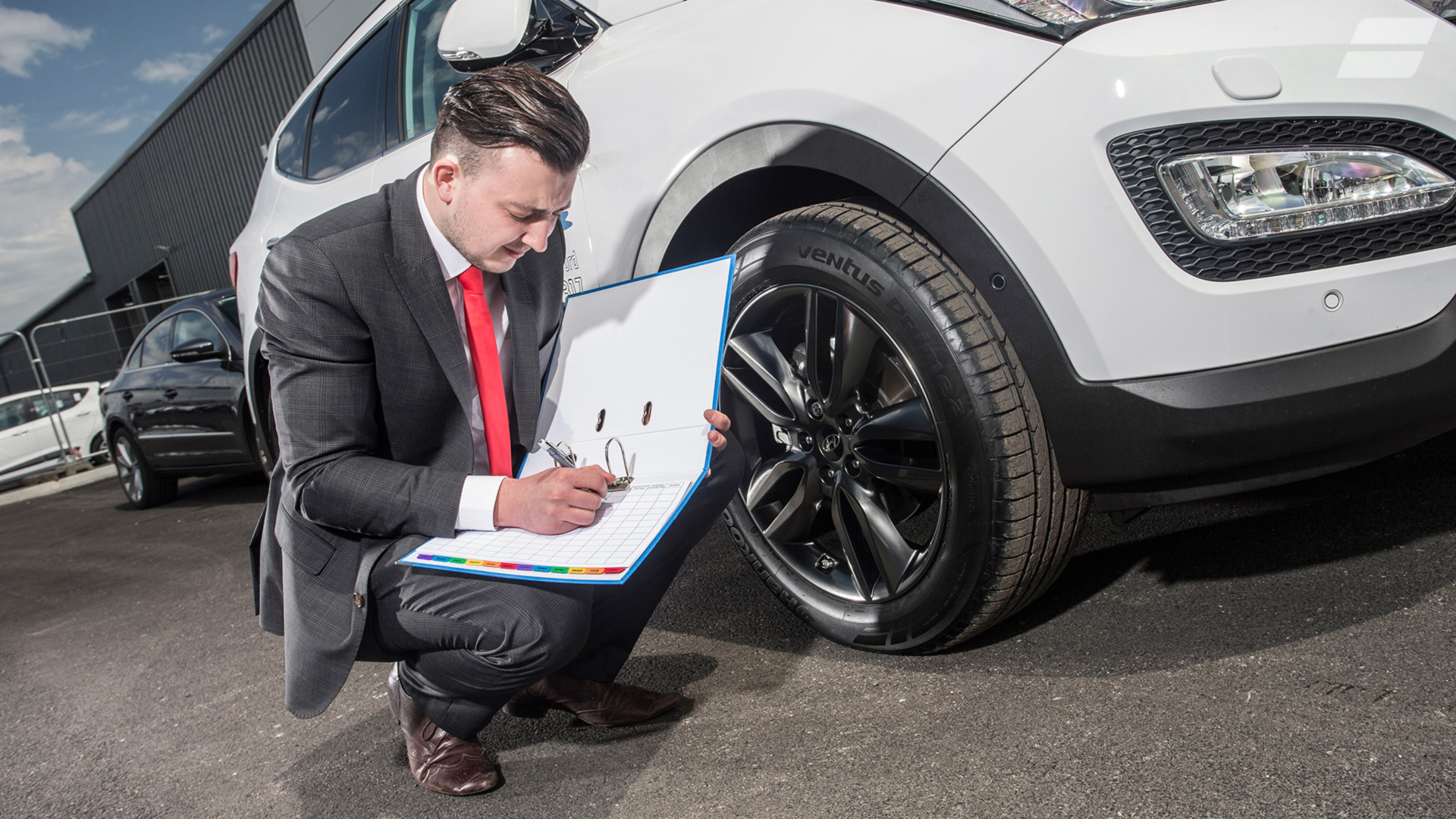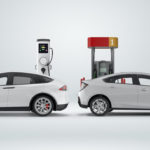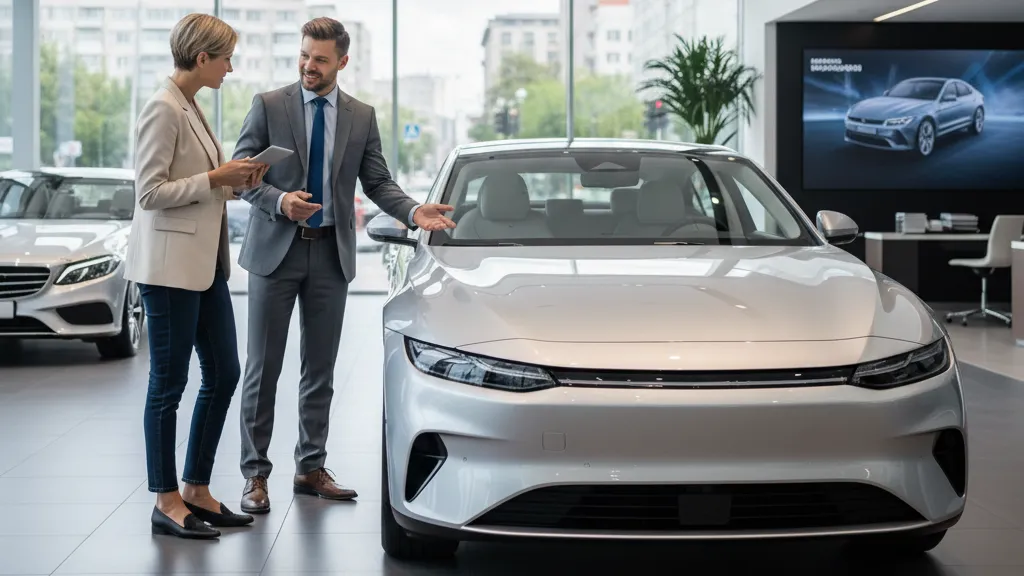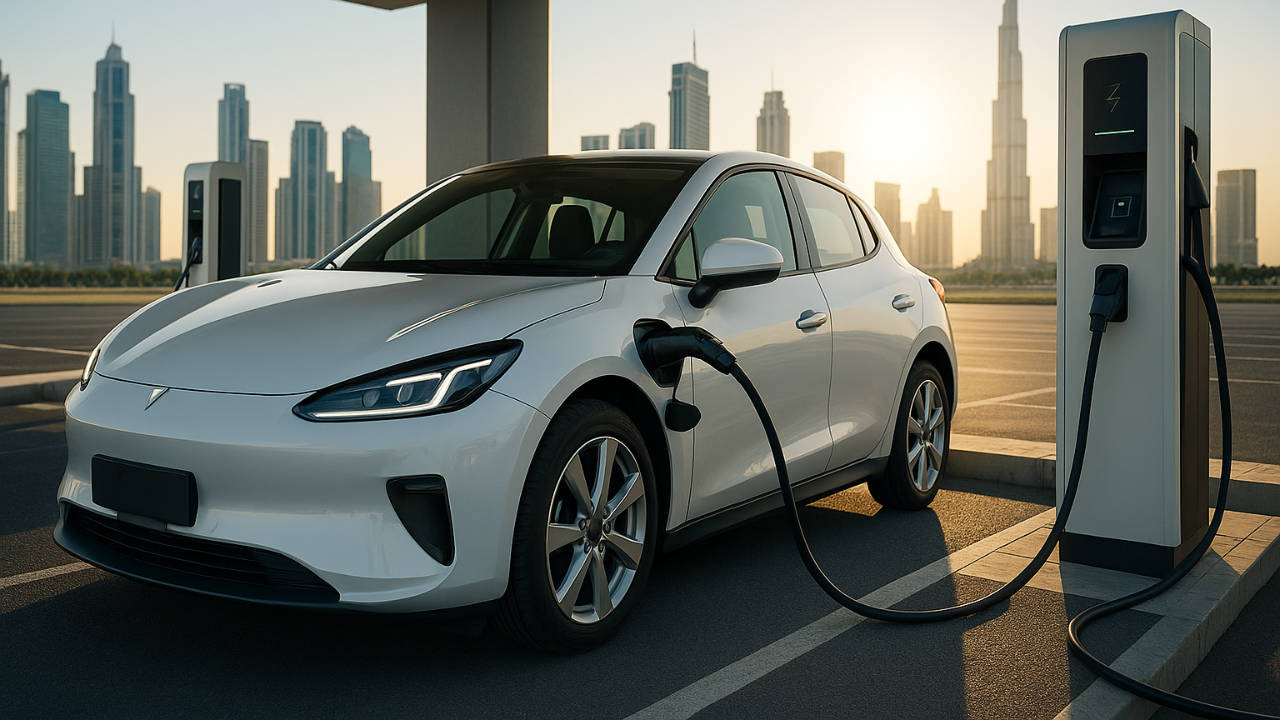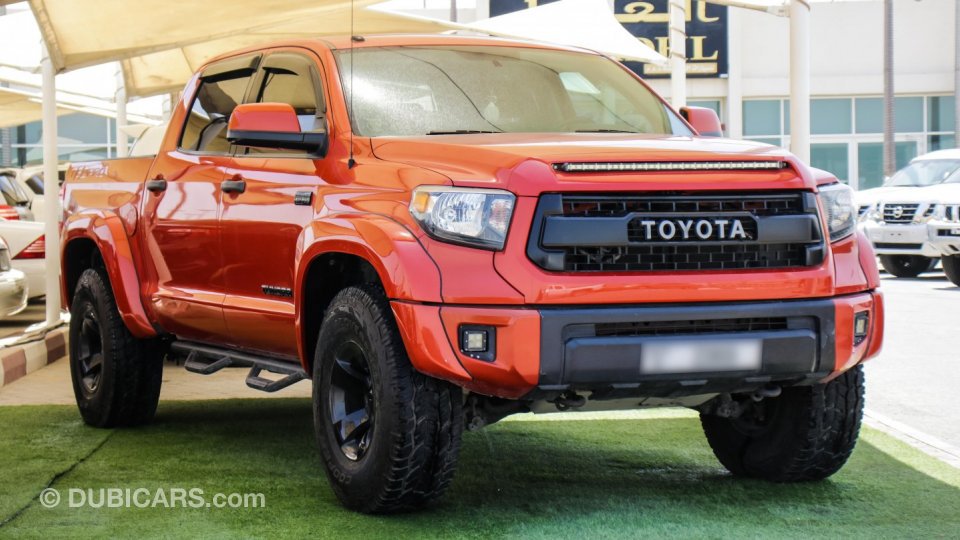Leasing v/s Buying A Car: Which Is Better?
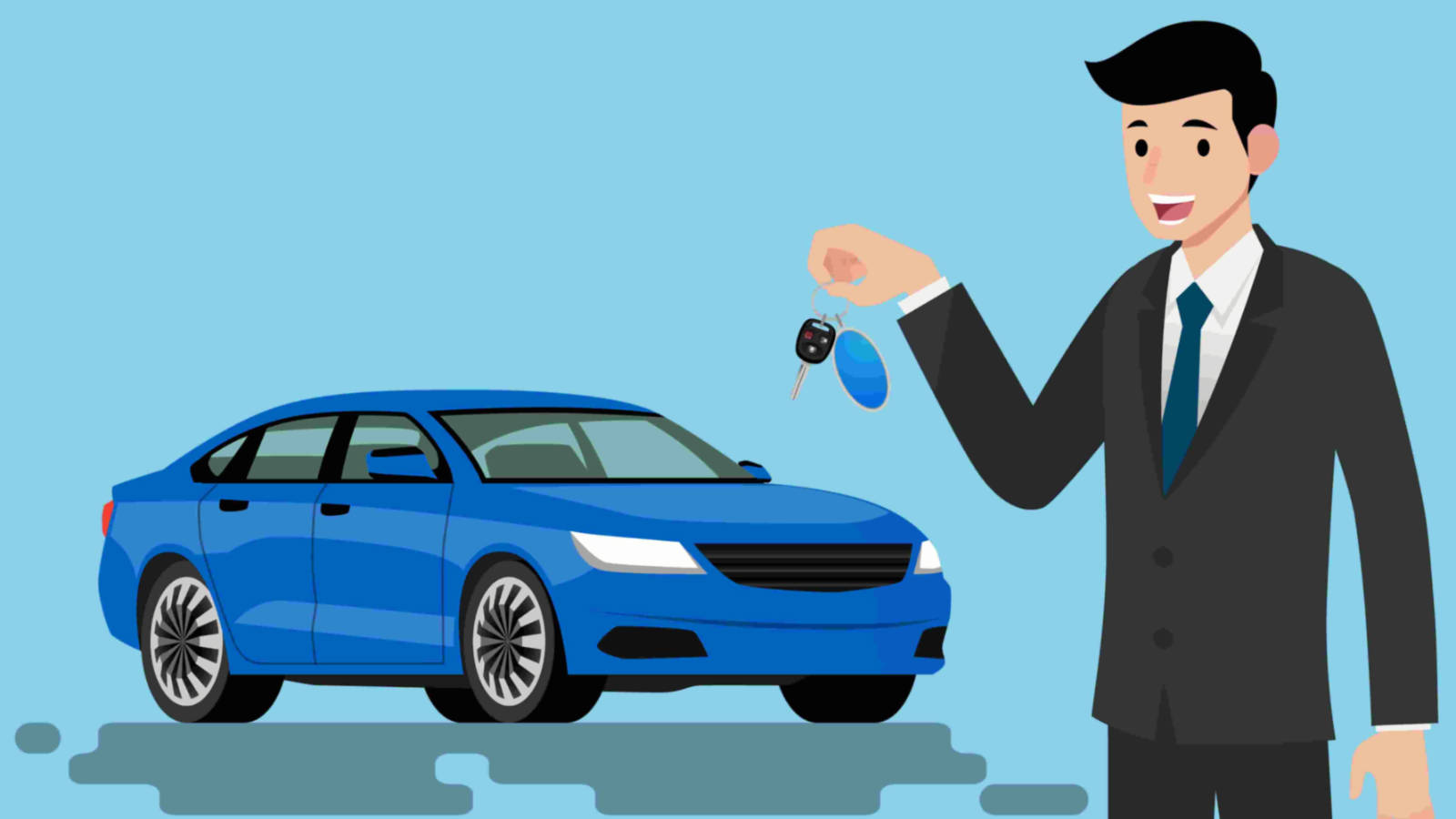
When it comes to buying a new car, there are two options that an owner can choose from: leasing v/s buying. Each approach has its advantages and disadvantages, and the decision largely depends on your personal preferences. In this article, we’ll explore the key factors to consider when deciding between leasing v/s buying a car.
 AI Quick Summary
AI Quick Summary
Leasing offers lower monthly payments and the opportunity to drive newer cars regularly, but comes with mileage restrictions and no ownership. Buying involves higher upfront costs and depreciation, but grants ownership, customization freedom, and potential long-term savings. The best choice depends on individual driving habits, financial situation, and desired length of car ownership.
This summary was generated by AI using this article’s content.Read Next
Leasing v/s Buying A Car
Leasing A Car: Advantages
Leasing a car is similar to renting it for an extended period, typically two to three years. During this time, you make monthly payments, but you don’t actually own the vehicle. Here are some advantages and considerations associated with leasing:
- Lower Monthly Payments: One of the most appealing aspects of leasing is the lower monthly payment. Since you’re essentially paying for the vehicle’s depreciation over the lease term, your monthly costs can be significantly lower than if you were to purchase the same car with a loan.
- Newer Cars, More Often: Leasing allows you to drive a brand-new vehicle with all the latest features and technology every few years. This frequent vehicle turnover can be particularly appealing if you enjoy having access to the latest automotive innovations.
- Warranty Coverage: Most lease agreements cover the car under warranty for the duration of the lease. This means you won’t have to worry about expensive repair bills during your lease term, adding to the cost savings.
- Lower Sales Tax: In many regions, you only pay sales tax on the portion of the vehicle’s value that you use during the lease term, further reducing your overall expenses.
- No Long-Term Commitment: Leases typically last for a relatively short period, allowing you to explore different vehicles without a long-term commitment. Once the lease ends, you have the flexibility to choose a new car or walk away.
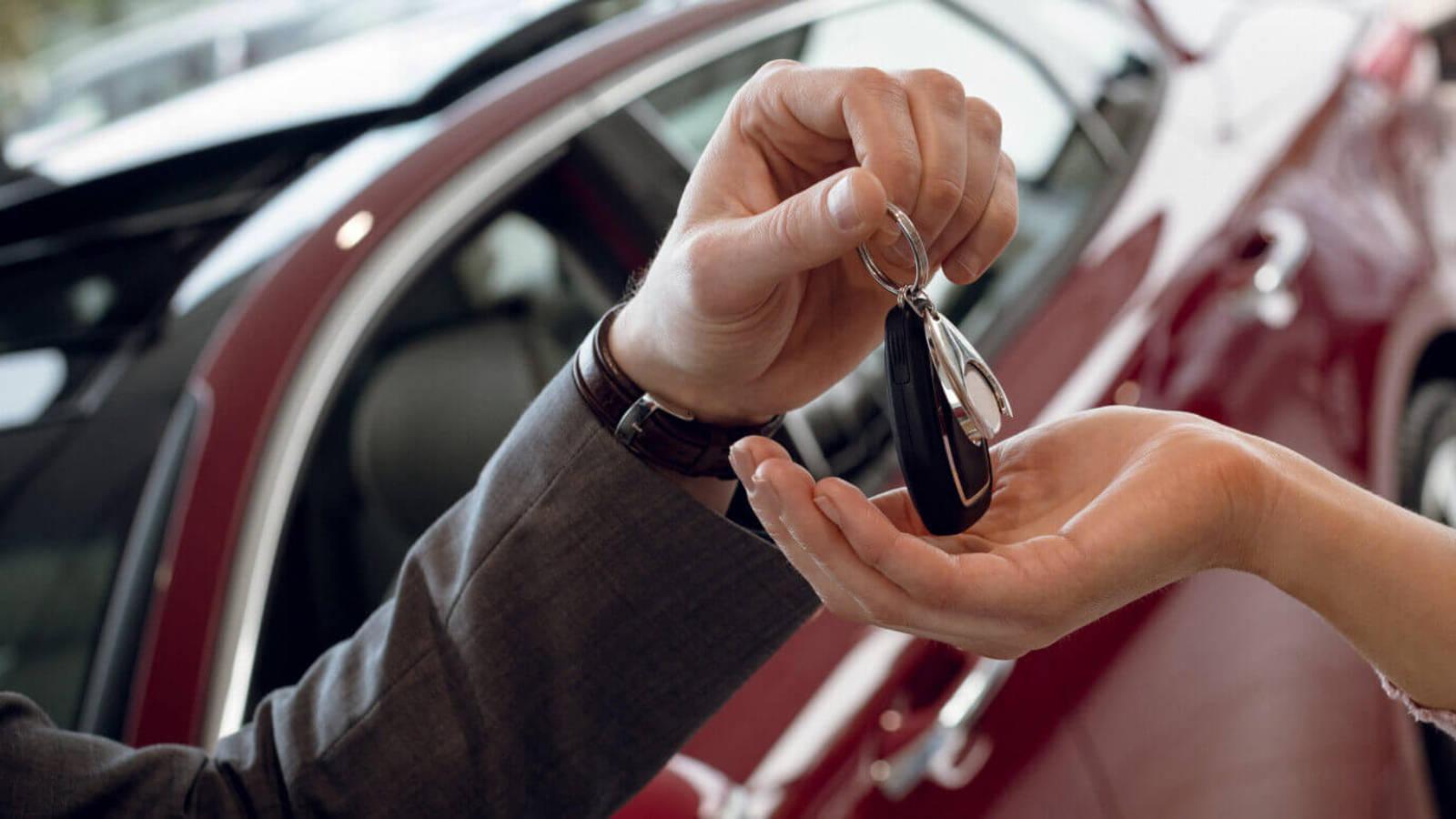
Leasing A Car: Disadvantages
- Limited Mileage: Most lease agreements have mileage restrictions, which can result in costly penalties if you exceed them. If you have a long daily commute or enjoy taking road trips, leasing might not be the best option.
- No Ownership: Perhaps the most significant downside to leasing is that you don’t own the car. When the lease term ends, you return the vehicle to the dealership. This means you won’t have any equity in the car, and you won’t benefit from its resale value.
- Continuous Payments: While the monthly payments are lower, they are ongoing. If you continue to lease vehicles throughout your life, you may end up paying more in the long run compared to purchasing a car outright.
- Strict Condition Requirements: Lease agreements often require you to return the car in excellent condition. Any excessive wear and tear or damage could result in additional charges when you return the vehicle.
Want to speak car terms easily? Here is a beginner’s guide to automotive terms.
Buying A Car: Advantages
Buying a car involves taking out a loan or paying cash to purchase the vehicle. Once you’ve completed your payments, you own the car outright. Here are the advantages and considerations associated with buying:
- Ownership: The most significant advantage of buying a car is that you own it once you’ve paid off the loan. This means you can keep it for as long as you like, potentially saving you money over the long term.
- No Mileage Limits: When you buy a car, you don’t have to worry about mileage restrictions. You can drive as much as you want without incurring extra charges.
- Customisation: Ownership allows you to customise your vehicle to your heart’s content. Whether you want to personalise the exterior, upgrade the interior, or make performance enhancements, it’s your car to modify as you see fit.
- Long-Term Savings: While the initial down payment and monthly loan payments may be higher than lease payments, buying can be more cost-effective over time. Once the loan is paid off, you have a car with no monthly payments.
- Resale Value: When you own a car, you have the option to sell it whenever you choose. Depending on the make, model, and condition of the vehicle, you may recoup some of your investment when you sell.
Buying A Car: Disadvantages
- Higher Monthly Payments: The upfront costs of buying a car are generally higher. You’ll need to make a down payment, and your monthly loan payments are often more substantial than lease payments.
- Depreciation: Cars typically depreciate in value over time. When you buy, you bear the full brunt of this depreciation, which can impact the vehicle’s resale value.
- Potential for Repair Costs: As the car ages and goes out of warranty, you’ll be responsible for any repair and maintenance costs, which can add up over time.
- Commitment: Buying a car is a long-term commitment. If you decide you want a different vehicle or need to change your financial situation, selling a car you own can take time and effort.
Planning to buy a car? Here is a complete guide to making a safe and secure transaction from a private seller.
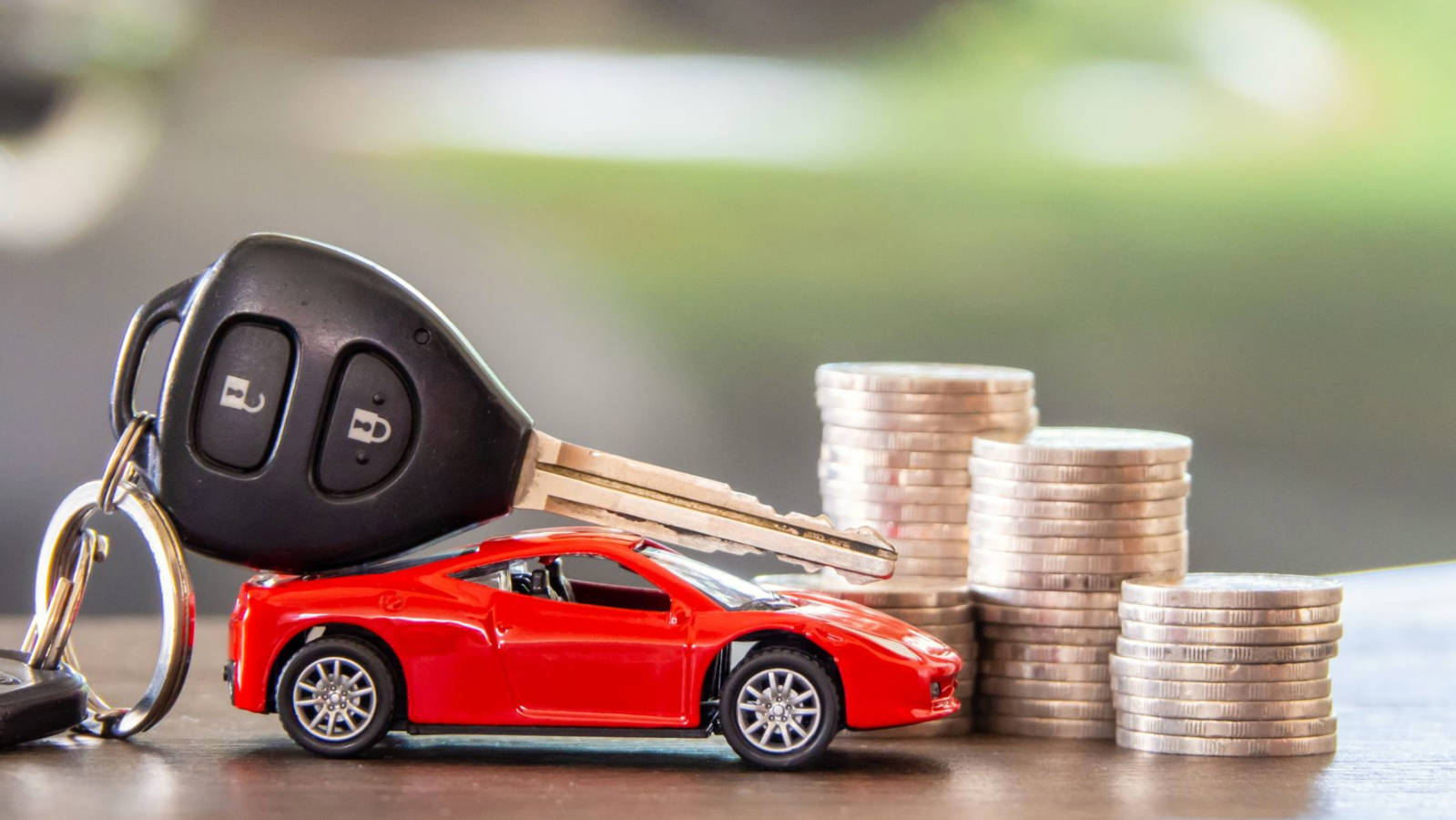
Leasing v/s Buying: Making Your Car Purchase Decision
The choice between leasing and buying ultimately depends on your individual circumstances, financial situation, and preferences. Here are some key FAQs to help you decide:
How long do you plan to keep the car?
If you prefer driving a new vehicle every few years, leasing might be more suitable. If you plan to keep the car for a long time, buying could be the better option.
What’s your budget?
Consider your budget for both the down payment and monthly payments. Leasing typically requires less money upfront but can result in continuous payments. Buying requires more upfront investment but can save you money in the long run.
How much do you drive?
If you have a long commute or enjoy frequent road trips, buying might be better, as it doesn’t come with mileage restrictions.
Do you want ownership and equity in the car?
If you want to have something to show for your payments and have the freedom to customise your vehicle, buying is the way to go.
Are you comfortable with long-term commitments?
Leases are relatively short-term commitments while buying involves a more extended commitment. Consider your lifestyle and future plans when deciding which suits you better.
Here are all the documents you need for buying a new or a used car in the UAE.
In conclusion, both leasing v/s buying a car have their pros and cons. It’s essential to evaluate your financial situation, driving habits, and preferences before making a decision. Take your time to research and weigh the options carefully to determine which choice aligns best with your needs and goals. Whether you choose the flexibility of leasing or the long-term ownership of buying, the right decision is the one that aligns with your unique circumstances.
Find the best cars for sale in the UAE.
Stay tuned to UAE’s most popular auto blog for more information about the latest happenings in all of the Emirates.

